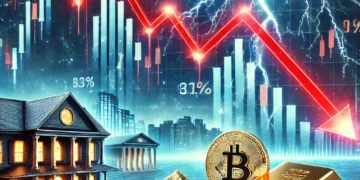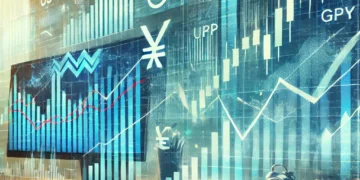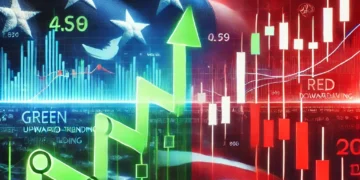The Influence of Global Political Events on Stock Markets: An In-depth Analysis
The stock market, a barometer of economic health and investor sentiment, is significantly influenced by a myriad of factors, among which global political events play a pivotal role. Political instability, geopolitical tensions, elections, and policy changes can cause substantial volatility in financial markets. This essay delves into how such events impact stock markets, providing case studies on market reactions to geopolitical tensions, exploring factors that could modify these impacts, and discussing the pros and cons of political events’ influence on markets, followed by a comprehensive summary.
Market Reactions to Geopolitical Tensions: Case Studies
1. The 9/11 Terrorist Attacks: Following the September 11, 2001, attacks, U.S. stock markets closed for four trading days, the longest shutdown since 1933. When markets reopened, the Dow Jones Industrial Average (DJIA) fell 7.1%, marking one of its biggest losses in history due to heightened uncertainty and fear.
2. The Brexit Referendum: The decision of the United Kingdom to leave the European Union in 2016 caused immediate shockwaves through global markets. The pound sterling fell to its lowest level against the dollar in 30 years, and stock markets worldwide experienced significant volatility as investors grappled with the implications of Brexit.
3. U.S.-China Trade War: Initiated in 2018, the trade tensions between the U.S. and China led to widespread uncertainty and market fluctuations. Stock markets reacted negatively each time new tariffs were announced, reflecting concerns over global trade disruptions and economic growth.
4. Russian Annexation of Crimea: In 2014, the geopolitical tension arising from Russia’s annexation of Crimea led to sanctions being imposed on Russia by Western countries, causing the Russian stock market to plummet and the ruble to weaken significantly.
5. COVID-19 Pandemic: Though primarily a health crisis, the pandemic had profound political implications, including travel bans, trade disruptions, and stimulus packages, all of which influenced stock market dynamics globally, leading to initial crashes followed by a strong recovery in many markets.
Factors Influencing Market Reactions
- Severity and Scale: The more global and severe a political event, the greater its potential impact on markets.
- Market Sentiment: Investor perception and sentiment can exacerbate or mitigate the market’s reaction to political events.
- Economic Context: The prevailing economic conditions can influence how markets respond to geopolitical tensions.
- Policy Responses: Government and central bank policies in response to an event can significantly impact market movements.
- Market Preparedness: Markets that have anticipated a political event may experience less volatility compared to unforeseen events.
Pros and Cons of Political Events’ Impact on Markets
Pros:
- Opportunity for Investors: Volatility can create opportunities for investors to buy assets at lower prices.
- Highlighting Risks: Political events can reveal underlying economic and financial risks, prompting more informed investment decisions.
- Stimulating Policy Reforms: Significant market reactions can pressure policymakers to implement necessary economic reforms.
Cons:
- Increased Volatility: Political uncertainties can lead to market instability, affecting investment and economic growth.
- Short-Term Focus: Frequent reactions to political news can lead markets to focus on short-term movements rather than long-term fundamentals.
- Challenges for Investors: Predicting market reactions to political events is challenging, increasing the risk of loss.
Global political events undeniably exert a profound influence on stock markets, often catalyzing significant volatility and reshaping investor sentiment. Case studies, such as the aftermath of the 9/11 attacks, the Brexit referendum, the U.S.-China trade war, the annexation of Crimea, and the COVID-19 pandemic, illustrate the diverse ways in which geopolitical tensions can manifest in financial markets. The degree to which these events impact markets is contingent upon factors such as their severity, economic context, market sentiment, policy responses, and the element of surprise.
While the immediate reaction to political events can often be negative, presenting challenges to stability and investment strategies, it also unveils opportunities for investors to capitalize on price movements and for economies to initiate beneficial reforms. Nonetheless, navigating the tumultuous waters of politically induced market volatility demands a nuanced understanding of geopolitical dynamics, economic indicators, and market psychology.
In conclusion, the interplay between global political events and stock markets underscores the complexity of financial systems and the myriad influences shaping market trajectories. As investors and policymakers alike strive to anticipate and respond to these dynamics, the case studies of past geopolitical tensions serve as invaluable lessons in the ongoing endeavor to balance risk and opportunity in the pursuit of economic stability and growth.
























